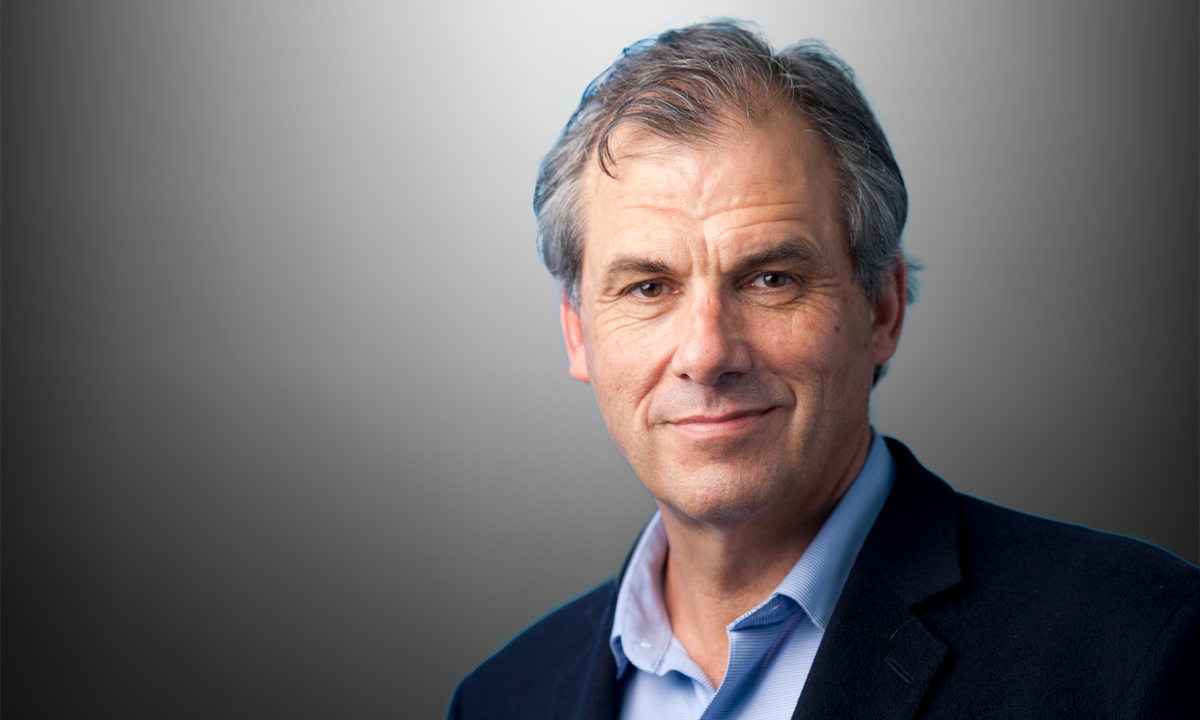I HAD always thought I could sneak through life, under the radar, without having to “do” detail. I was always big picture.
Alas, I have been tripped up in the back straight in my role as the tutor in the College of Medicine’s Master of Public Health (MPH) program at the University of Malawi in Blantyre, the second city of Malawi.
As the MPH tutor, I am the sheep dog, chasing and cajoling, trying to help students get through a rather unfriendly, byzantine university system of timetables, exam results, approvals for external examiner appointments, meeting minutes, hounding reluctant supervisors, and searching for invisible lecturers and lost exam papers.
I have a newly found respect and gratitude for administrators – logisticiens as Médecins sans Frontières call them – who chase, follow up and wrestle systematic problems to the ground with detail. They are like football umpires – all their great work goes unnoticed, unacknowledged and unseen. They are only noticed for the one bad decision.
So hug a good administrator today.
I also have enormous respect for our MPH students. They are all full-time professionals who are doing a full-time MPH. Doctors, nurses, environmental officers, clinical officers and others all needing to work full-time to pay for their (not inconsiderable) fees.
More than half the class travel 300 to 600 km to come to Blantyre for 1-week or 2-week long block courses. One of my students treks 600 km for his classes.
With all that the students face – lack of internet, distance, lack of administrative support and doing a full-time course while working full-time – an MPH here is, in my opinion, worth double than an MPH in Australia.
Malawi, landlocked, bereft of major resources and whose major export earner is tobacco, is a country where malnutrition, HIV, malaria, tuberculosis and high maternal death rates make life very tough for so many.
There is a profound disbelief in the community of the capacity of the ruling political classes to make things better – something the Malawians seem to share with the Australians, the British and the Americans.
A recent austerity push from the International Monetary Fund has meant cuts in the civil service. These cuts have been so severe that recently graduated doctors, physiotherapists and teachers haven’t been employed or paid as interns. As a result, many have fled to other countries such as Lesotho and Namibia.
Where is the sense in this?
My main interest in public health has become the teaching of leadership skills.
As public health practitioners and clinicians we are taught to care for our patients and for our community members. But how much do we teach and learn about how to lead, manage and care for our colleagues, our team members and ourselves?
District health officers in Malawi are sent out to the community to run programs and hospitals with no training in leadership and management.
However, there is a great interest in changing the situation, led by Dr Andrew Likaka, the new head of the Quality Assurance Program from the Malawian Ministry of Health.
Dr Likaka recently spent 2 years studying for his MPH in Australia at the University of Melbourne. He was also a recipient of a Department of Foreign Affairs and Trade Australian Leadership Fellowship – a great example of what international assistance can do.
Other members of the 300-strong Malawian Australian Alumni Association, all of whom have completed their higher education in Australia, will attest to the same. This is where effective aid can make a real difference, as Australia’s High Commissioner to Malawi, Zimbabwe, Democratic Republic of the Congo and Zambia, Suzanne McCourt strongly endorses.
It has been 12 months since we moved from Melbourne to Malawi. Friends and colleagues ask whether it is worth doing something like this; upping and setting off to somewhere completely different.
I’m enormously grateful for the opportunity to work and learn from some of my superb Malawian colleagues and the experiences of living and working in a different culture. It enables me to re-see the world and to have this experience as a mirror, to better understand myself and where I come from.
Malawi is known as the warm heart of Africa, and it is. It has the politest people I have ever met, the most adventurous and colourful first names and a wonderful sense of humour and adaptation, as demonstrated in two shop signs that have recently appeared: the “Brexit” wine and spirits shop and the “People always Complain” hardware store.
Professor Rob Moodie is currently Professor of Public Health at the College of Medicine, University of Malawi, and Professor of Public Health at the University of Melbourne’s School of Population and Global Health

Store sign in Blantyre

Store sign in Blantyre
Latest news from doctorportal:
- Invest in health to avoid political disaster, Gannon tells Govt
- Doctors need to be taught how to discuss their patients’ excess weight
- New plan to find poor performing doctors
- Remote Australians more likely to be hospitalised with heart-related issues

 more_vert
more_vert